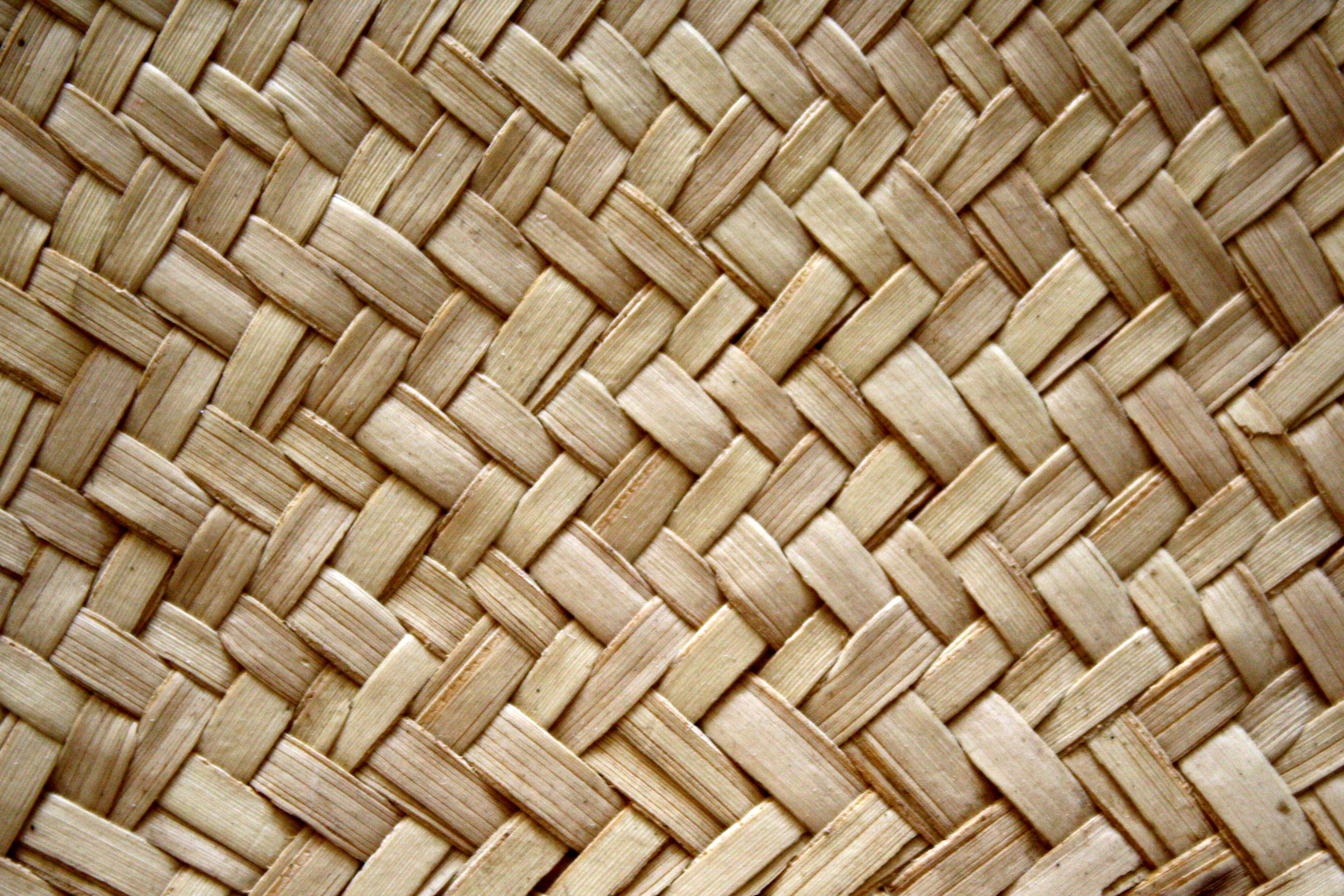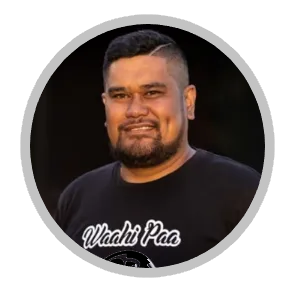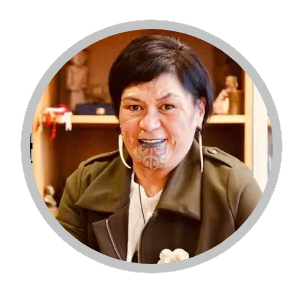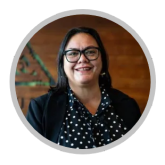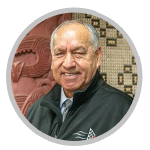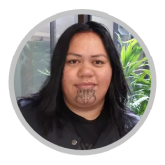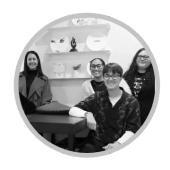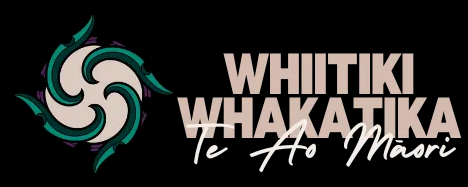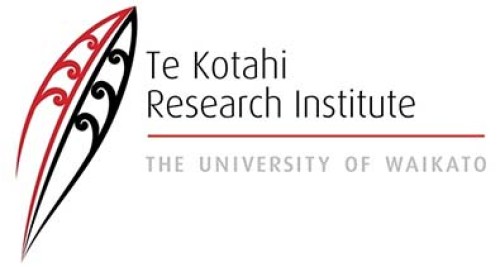A catalogue of colonisation, racism, health system engagement experiences, responsiveness and inequities have impeded Māori determination to achieve wellbeing and resilience to the extent fully possible for infectious diseases and pandemic preparedness.
For example, during the 1918 Spanish flu pandemic Māori rates of mortality were 4.5 times greater than non- Māori and they also had a higher risk for respiratory and heart disease. Supplies of preventative control were low across Māori communities. Public health surveillance was in its infancy and less of a partnership kind with reciprocal information sharing. Though contemporary known control measures were implemented such as gathering bans and school closures, Māori leadership implemented measures of quarantine across settlements on their own accord including steps for ventilation, raised raupo huts and locations of isolation even in close-living arrangements.
During the 2020 covid pandemic Māori still experienced disproportionate outcomes despite vast technological public health and biomedical advances made in the more than 100 years since the 1918 pandemic. A defining factor of the 2020 pandemic was iwi Māori innovation that led much of the welfare and later immunisation response in terms of engagement and responsiveness for Māori. Measures such as roadblocks for protecting rohe were an enactment of mātauranga and tikanga Māori reminiscent of traditional measures of isolation, raahui and aukati.
For both the 1918 and 2020 pandemics iwi across the motu will have examples and narratives of their unique and innovative responses and measures to protect the oranga of their people, which are grounded in mātauranga and tikanga unique to their respective whaanau, hapuu and iwi. These speak to marae and community resilience.
Researchers in this project will wānanga as the primary method of instigating engagement, data collection and analysis.
This project prepares and defines a pathway forward for mātauranga Māori in the context of pandemic preparedness, iwi resilience and infectious diseases to co-exist in partnership with scientific knowledge. This study seeks to comprehend and distinguish mātauranga Māori – te ao Māori tikanga (methods) of pandemic phases, infection prevention, control and management as a body of knowledge that is meaningful and in application able to be implemented, observed and practiced.
As a diverse research scenario, it seeks to separate ‘othering’ and alternate approaches but in practice define definitive mātauranga contributions as valid in relation to infectious diseases and pandemic preparedness.
Further information: Whiitiki Whakatika website
>> PROJECT STARTED - 1st January 2024

